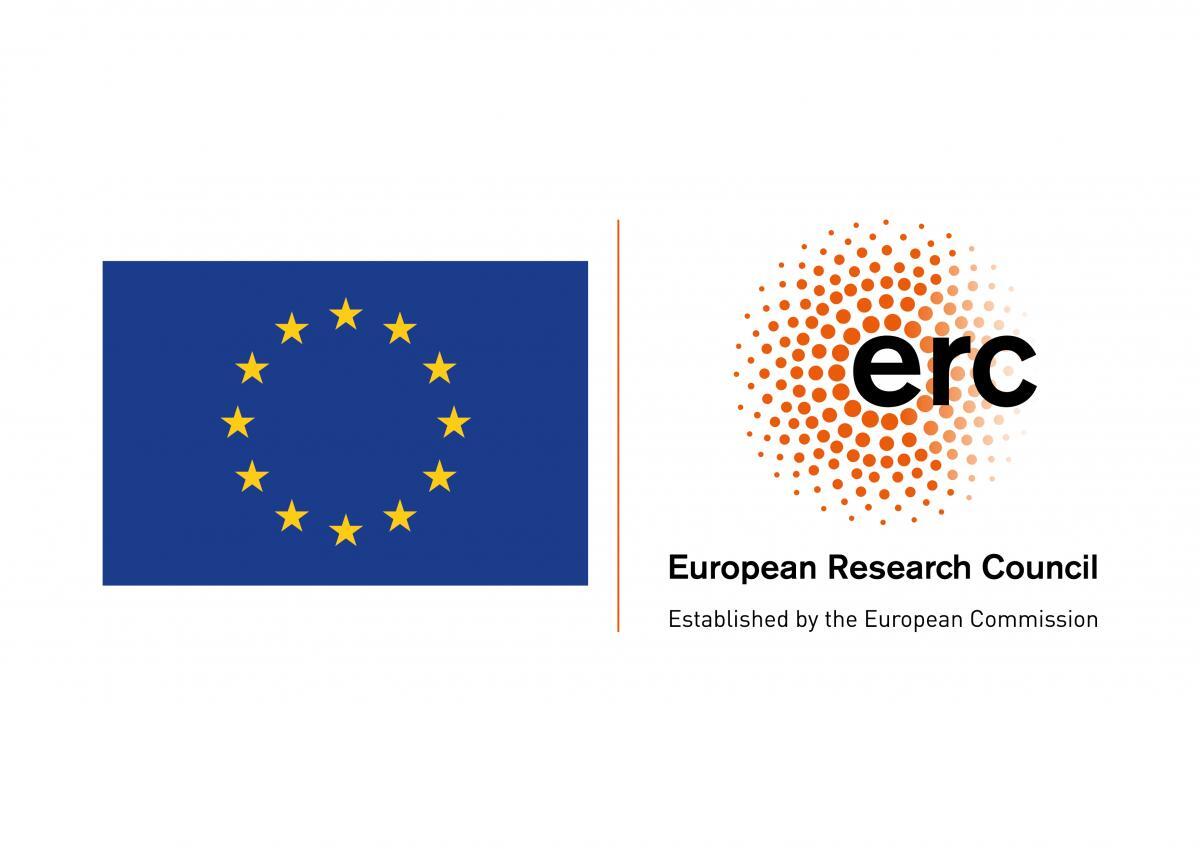About the ASYKNOW project
The combination of a difficult evidentiary situation and a ‘climate of suspicion’ surrounding the category of asylum seekers, makes asylum adjudication a particularly difficult form of legal decision-making. While expert knowledge has been considered a crucial foundation for decision-making regarding asylum, this is increasingly put under pressure by high levels of polarization and politicization.
Main content
The main objective of ASYKNOW is to develop new conceptual tools for understanding the role of expert knowledge in asylum governance by investigating the ways in which knowledge about asylum seekers and migration is constituted and contested through asylum litigation. The project moves beyond traditional approaches to expert knowledge in migration scholarship, by focusing on the legal process and advancing understandings of knowledge and law as mutually constitutive. By adopting a broad approach to conceptualizing and studying expert knowledge, the project will provide insights into the ways in which knowledge claims gain authority, how legal strategies evolve over time, and how various knowledge types facilitate or challenge state power over individuals and spaces.
Methodologically, the project adopts an ambitious in-depth comparative research design that combines an ethnography of legal processes with legal archaeology. Legal archeology shares with ethnography a commitment to thick description and bottom-up-theorizing. Whereas ethnography facilitates a direct and sustained encounter with research subjects, legal archeology attends to the legal journey of a case, examining it in its socio-historical context.
Empirically, the research will focus on litigation of asylum-related cases in Norway, Sweden, Denmark, and Germany. The four countries have developed distinctly different asylum appeal procedures. This means that the opportunities for getting meaningfully involved in asylum litigation differ significantly between the four countries.

